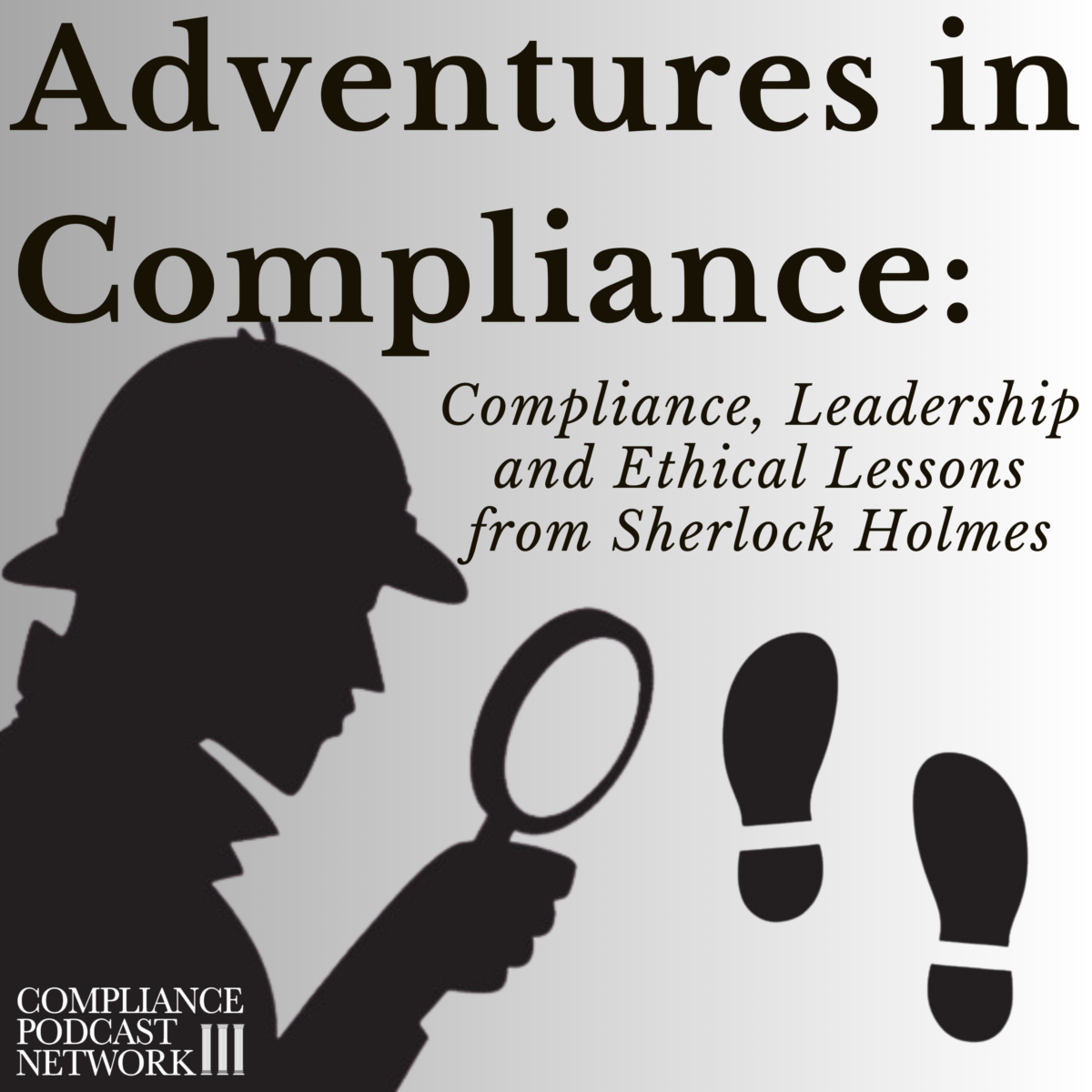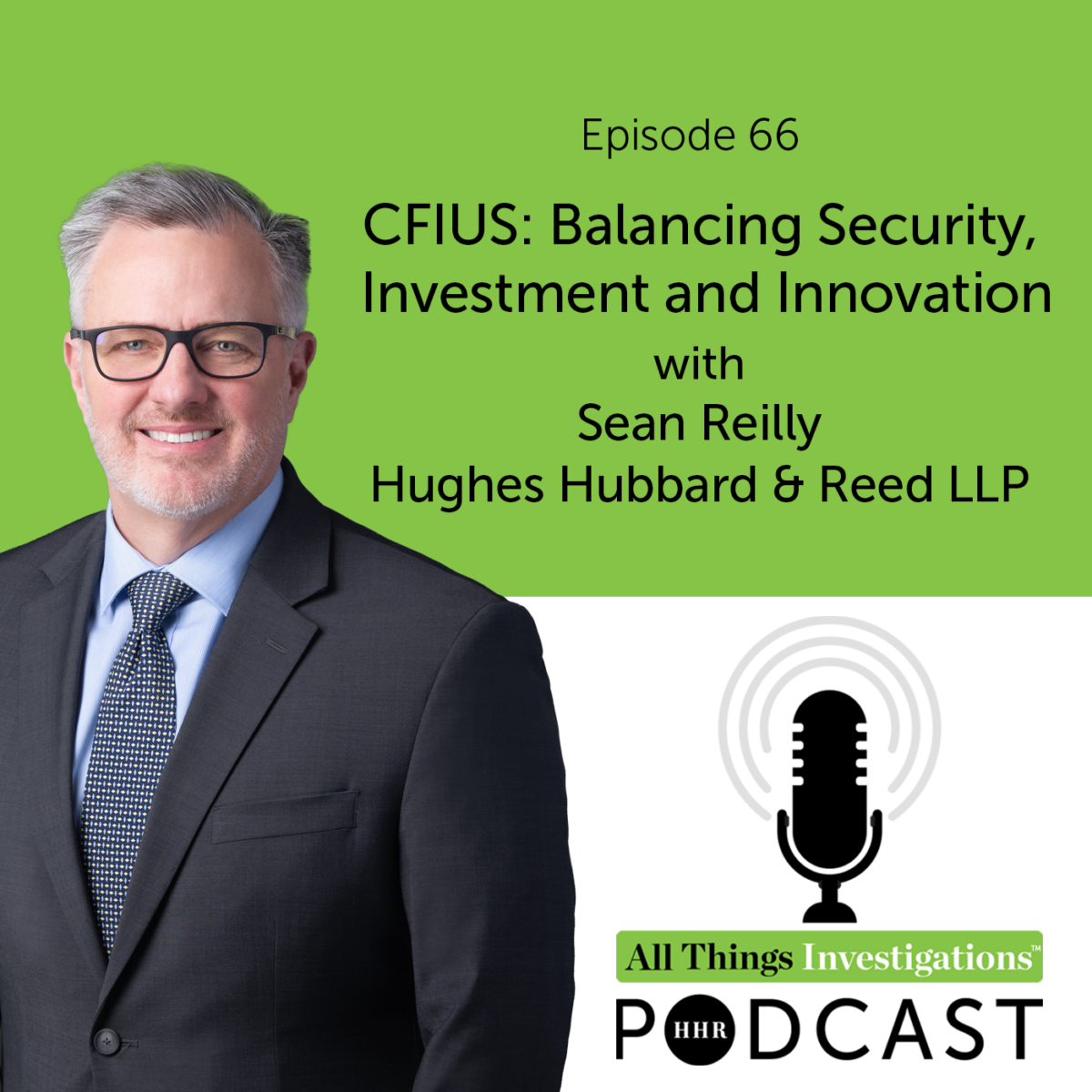Artificial Intelligence (AI) has rapidly become a key driver of business decision-making across industries, from financial services to healthcare. Yet, despite its enormous potential, AI remains a “black box” that raises serious concerns about transparency, accountability, and fairness. According to Pew Research, 52% of Americans are more concerned than excited about AI, while only 10% express enthusiasm. This trust deficit presents a critical challenge for compliance professionals: how can organizations demonstrate responsible AI use and ensure compliance with evolving regulatory expectations?
I was therefore intrigued to read a recent article in the Harvard Business Review by Scott Zoldi and Jordan T. Levine entitled, Using Blockchain to Build Customer Trust in AI. Their response to this quandary was to look at FICO, a leader in financial analysis and ratings, which developed a private blockchain that automated documentation and standards in model development. FICO’s approach leaned directly into a series of strategies used by compliance professionals.
The Compliance Challenge of AI
AI’s ability to analyze vast amounts of data and generate predictions is its greatest strength and its most significant liability. Machine learning models can reinforce biases, lack interpretability, and operate without clear accountability. Compliance professionals must address these challenges head-on by ensuring that AI models are:
- Interpretable: Customers and regulators need to understand how AI models make decisions.
- Auditable: Organizations must maintain detailed records of AI development and deployment.
- Enforceable: Compliance teams need mechanisms to ensure adherence to ethical AI standards.
Without these three pillars, AI risks becoming a compliance nightmare that could lead to regulatory penalties, reputational damage, and loss of customer trust.
Blockchain ensures that AI models are developed following internal guidelines and regulatory requirements. Every modification to the model, from data selection to algorithmic tuning, is permanently recorded, making it easier for compliance officers to track decisions and pinpoint the cause of any discrepancies. This immutable nature benefits industries with strict regulations, such as finance and healthcare, where audits and regulatory reviews are routine.
Additionally, blockchain helps prevent unauthorized alterations by requiring cryptographic verification before changes are accepted into the system. Any attempt to introduce bias, manipulate datasets, or adjust algorithms must be documented and approved transparently. This enhances accountability and strengthens organizational trust in AI.
Blockchain’s integration into AI governance fosters cross-functional collaboration between compliance, legal, and data science teams. Using a single, tamper-proof source of truth, organizations can streamline communication and ensure that AI-related decisions align with corporate policies and industry standards. This collaborative approach mitigates risks and reduces inefficiencies, allowing businesses to innovate responsibly while maintaining regulatory compliance.
For compliance professionals, blockchain provides an operational framework supporting continuous AI model monitoring and improvement. It facilitates real-time oversight, allowing organizations to identify potential compliance risks before they escalate into regulatory violations or reputational damage. As AI technology evolves, blockchain’s role in governance will likely expand, offering even greater opportunities for secure, transparent, and ethical AI development.
Blockchain: A Path to AI Accountability
Blockchain technology offers a potential solution by providing an immutable, transparent record of AI model development and decision-making. The authors reviewed FICO’s adoption of blockchain. They learned, “Making this system work was less a tech challenge than a people one. They learned it was important to start with standards, then develop the tech; that making the system user-friendly was non-negotiable; that it was essential to iterate on quick wins; that they had to build repositories to hold large AI assets in alternate storage; and that they needed capable IT teams to handle the maintenance demands of this system.”
By moving from traditional documentation methods (such as Word documents) to a private blockchain, FICO:
- Reduced model support issues and recalls by over 90%.
- Created a single source of truth for AI model development.
- Ensured absolute adherence to AI governance standards.
Blockchain’s ability to create an auditable trail of every change, test, and decision made during AI model development provides a powerful compliance tool. Unlike conventional documentation, blockchain prevents unauthorized changes and ensures compliance teams can verify AI decisions long after they are made.
Beyond compliance, blockchain enhances the efficiency of AI governance by automating tracking mechanisms that reduce administrative burdens. Traditionally, managing AI development required extensive oversight, documentation, and verification processes, often prone to human error or oversight. By leveraging blockchain, organizations can automate this oversight, ensuring that model updates, training datasets, and algorithmic adjustments are securely recorded in a tamper-proof ledger. This improves compliance and accelerates AI innovation by reducing bottlenecks in model validation.
Additionally, blockchain’s transparency enables better cross-functional collaboration between compliance officers, data scientists, and IT security teams. Instead of relying on disparate documentation and periodic audits, stakeholders can access a real-time, immutable ledger of AI development activities. This fosters greater accountability and ensures that AI models align with ethical guidelines, regulatory requirements, and corporate governance policies from inception to deployment.
Blockchain can mitigate risks associated with AI bias and ethical concerns by providing a structured framework for tracking model modifications and testing processes. Any deviation from approved methodologies is recorded, allowing organizations to detect and address potential issues before they impact decision-making. This proactive approach strengthens AI reliability and fosters trust among regulators, customers, and stakeholders who demand greater transparency in automated decision-making processes.
By integrating blockchain into AI governance, organizations gain a robust compliance tool that ensures models are developed responsibly, deployed ethically, and maintained transparently. As regulatory scrutiny around AI continues to grow, adopting blockchain-based governance is not just an operational advantage; it can provide both a strategy and mechanism for maintaining trust and regulatory compliance in the evolving AI landscape.
Key Compliance Lessons from FICO’s Blockchain Approach
1. Standards Must Come First
Before implementing blockchain, organizations must establish clear AI development standards. This includes defining acceptable algorithms, ethical testing methodologies, and regulatory compliance requirements. Without these guardrails, blockchain is just another technology without purpose.
2. User Adoption Requires a Seamless Experience
One of the biggest hurdles in AI governance is ensuring that data scientists comply with established processes. At FICO, blockchain-based AI governance became non-negotiable—developers could not release models without following the blockchain-tracked workflow. Making compliance seamless rather than burdensome is key to adoption.
3. AI Governance Must Be Iterative
FICO’s blockchain approach evolved, starting with small proofs of concept before scaling across its AI development teams. Compliance professionals should take a similar approach, testing blockchain governance in high-risk areas before expanding its use across the organization.
4. Immutable Records Are Key for Regulatory Defense
Regulators are increasingly scrutinizing AI-driven decisions, especially in highly regulated industries such as finance and healthcare. An immutable AI development, testing, and deployment record provides a powerful defense against regulatory inquiries. It also enables organizations to demonstrate compliance rather than scrambling to justify decisions afterward proactively.
5. Blockchain Is a Tool, Not a Silver Bullet
While blockchain enhances AI governance, it is not a substitute for a strong compliance program. Organizations must still conduct rigorous ethical testing, monitor AI performance, and engage with regulators to ensure ongoing compliance. Blockchain should be viewed as an enabler of trust, not a cure-all.
Final Thoughts: The Future of Compliance in AI Governance
As AI becomes more embedded in business operations, compliance professionals must evolve their oversight strategies to keep pace. Blockchain offers a compelling approach to ensuring AI accountability, but it requires careful implementation, clear governance standards, and buy-in from business leaders.
FICO’s success demonstrates that trust follows when AI governance is built on transparency, auditability, and enforceability. Compliance professionals who embrace blockchain’s potential can help bridge the trust gap in AI, ensuring that these powerful technologies are used responsibly, ethically, and in full compliance with regulatory expectations.
For compliance teams, the question is no longer whether AI governance needs to evolve but how quickly organizations can implement solutions that keep AI accountable. Blockchain is one step in the right direction.











